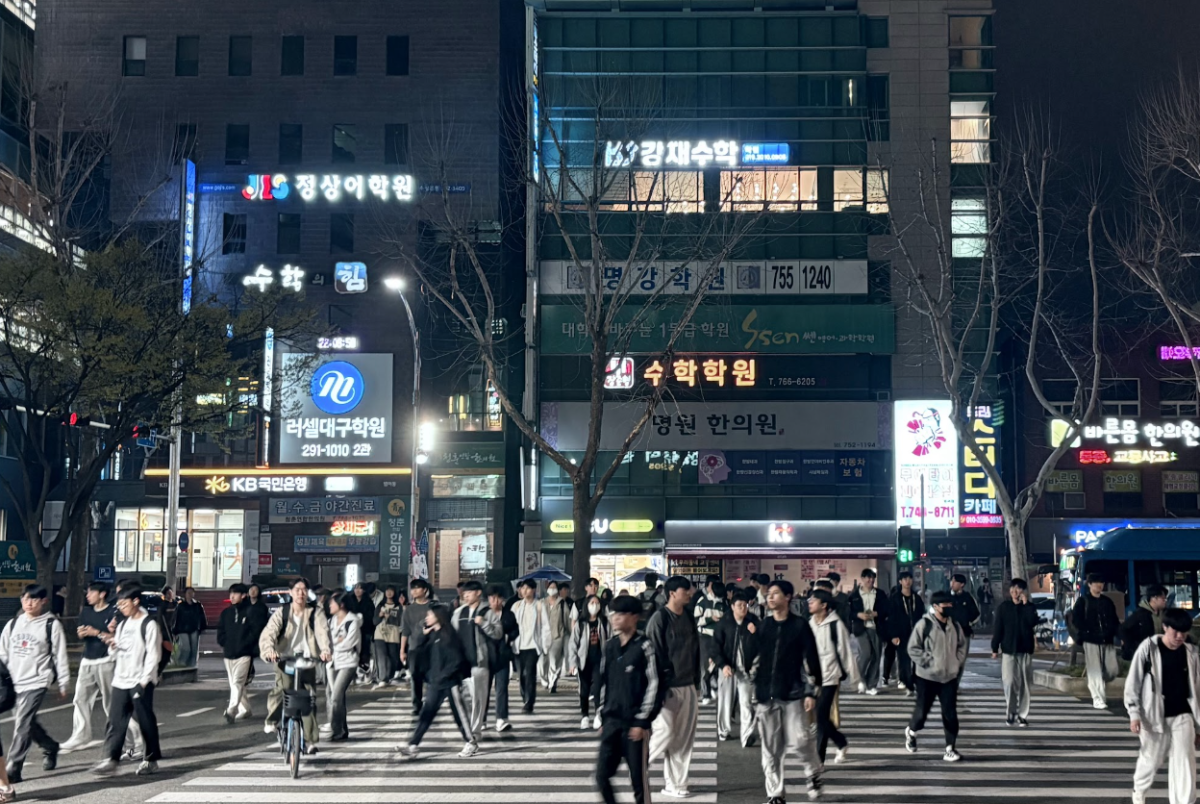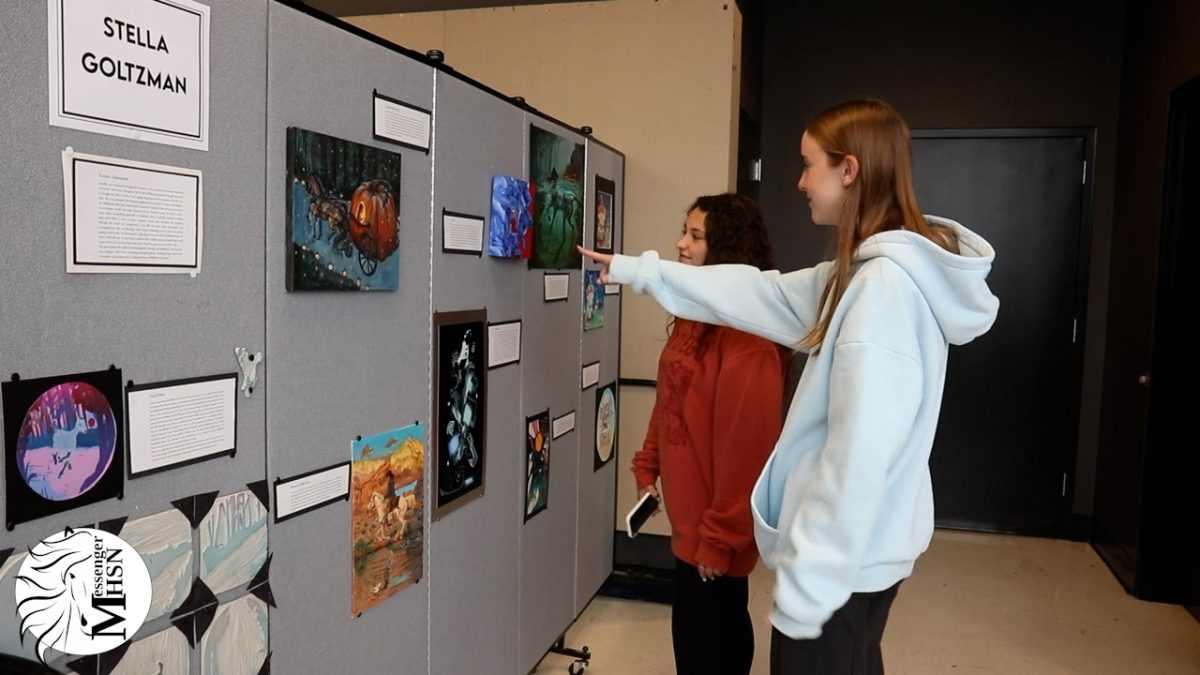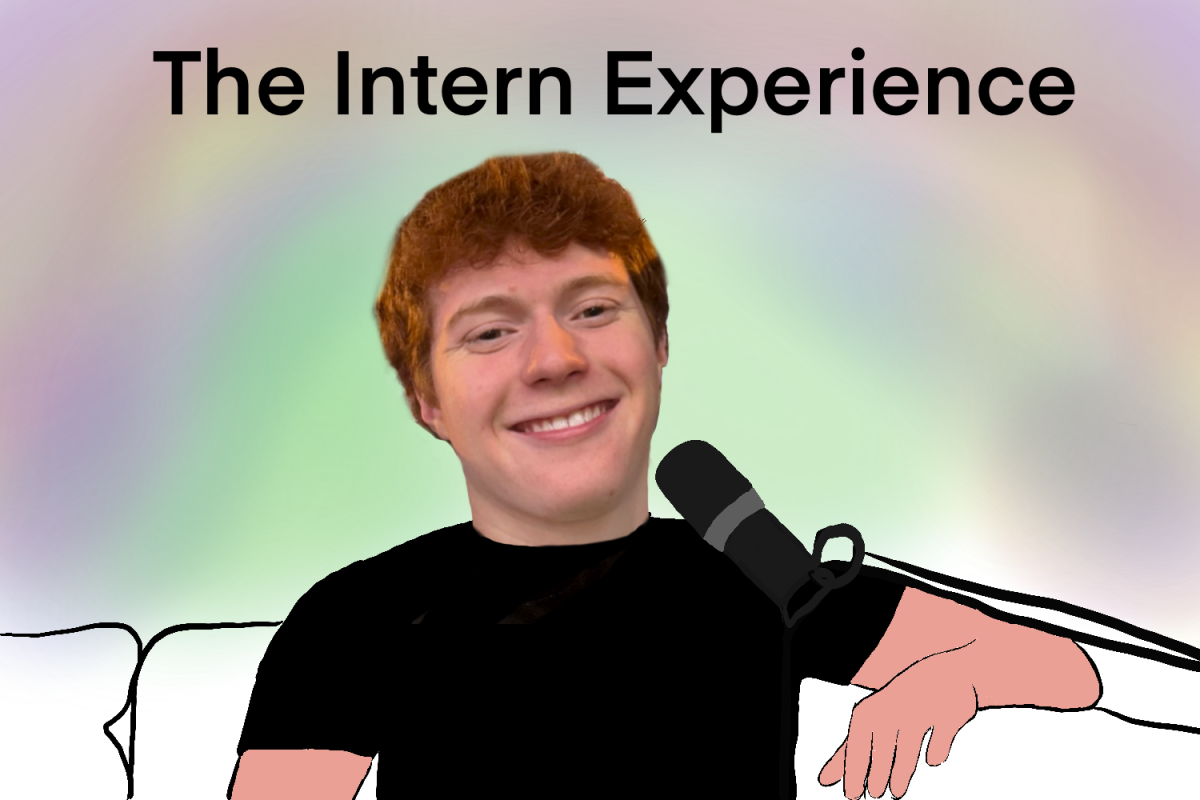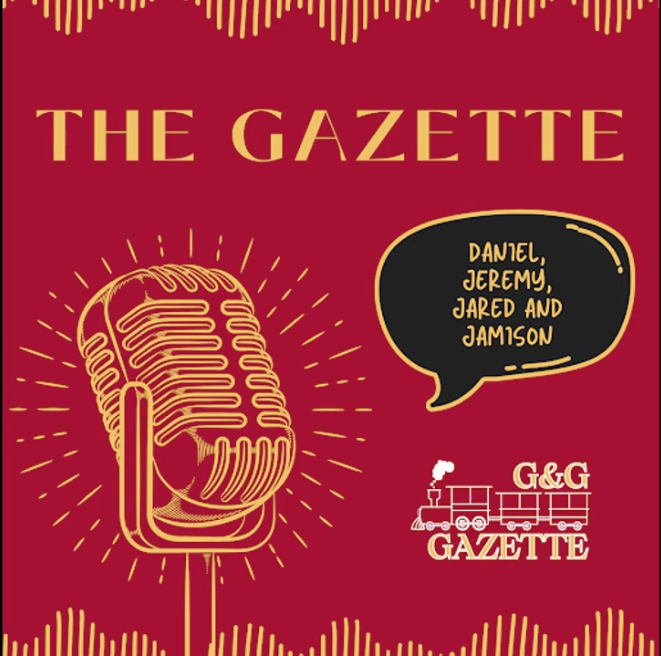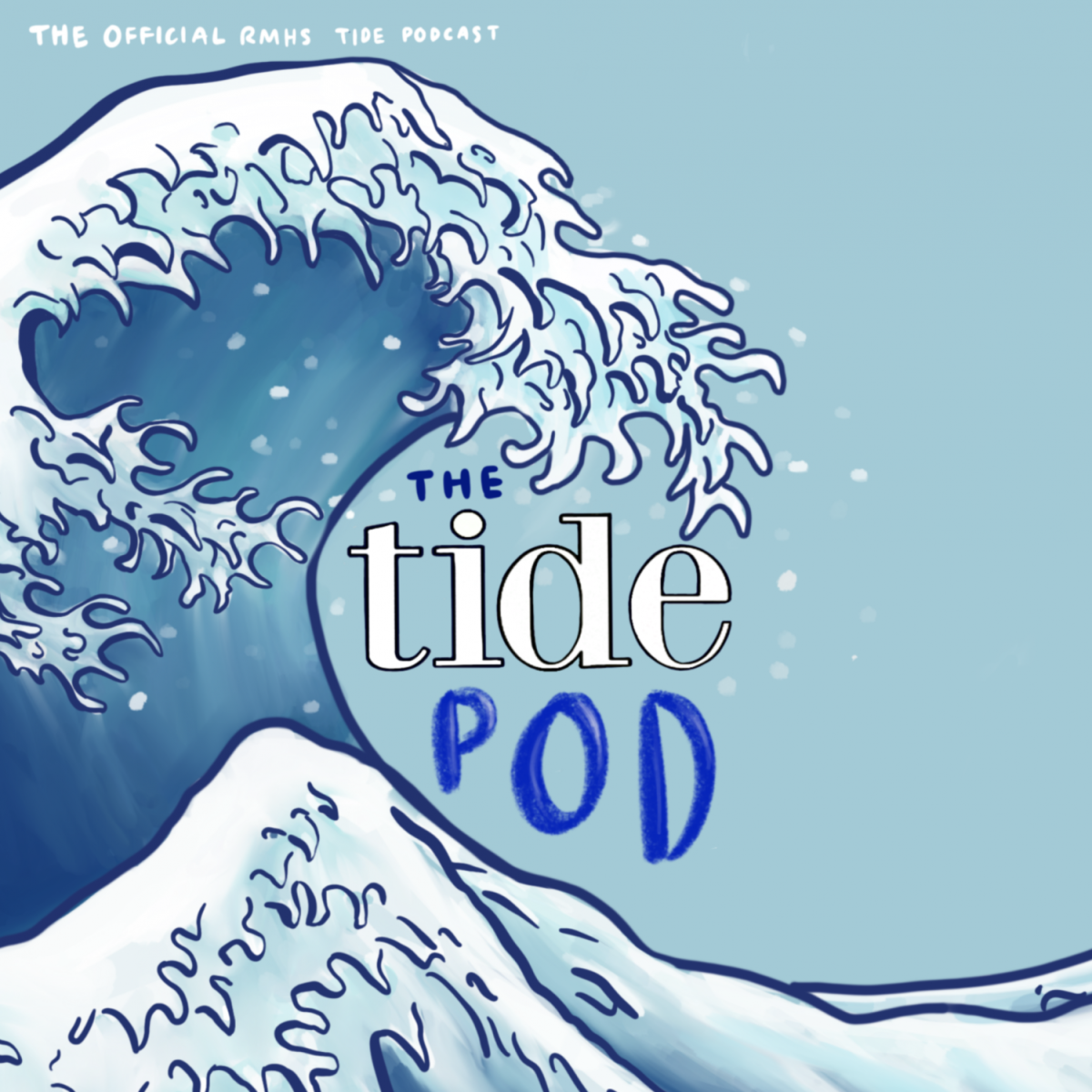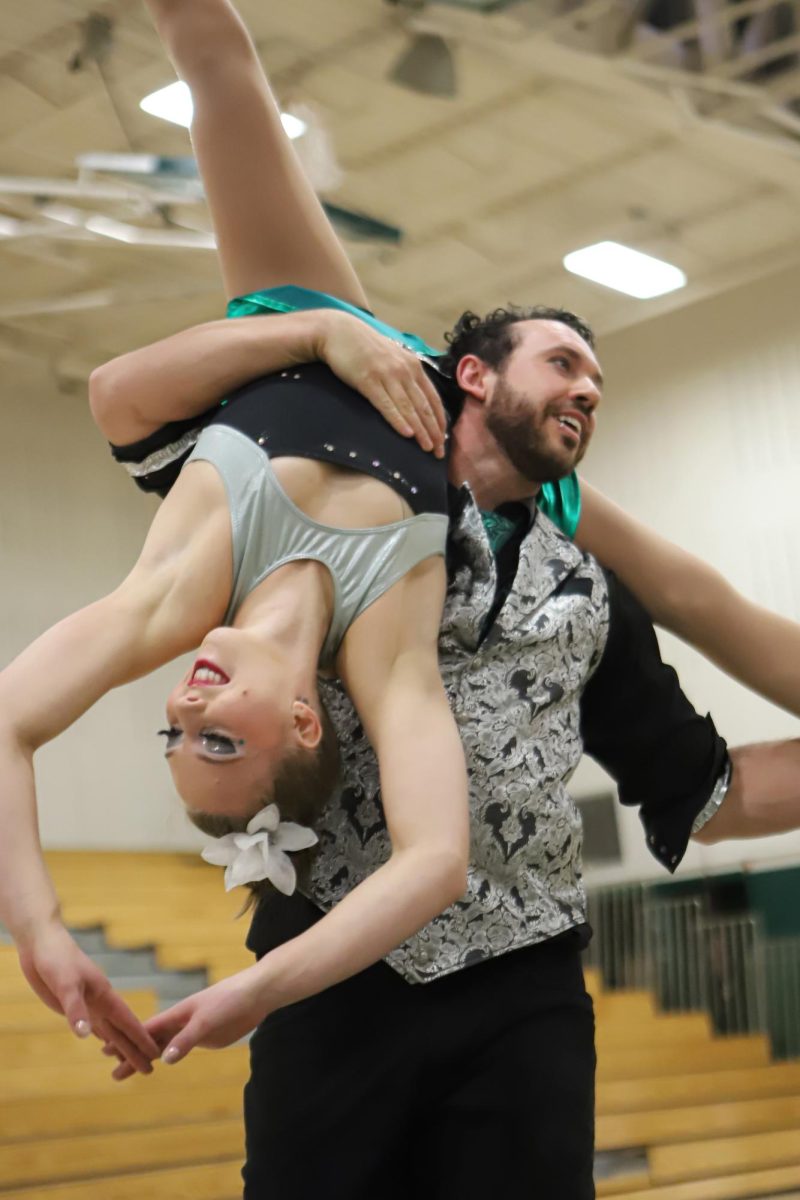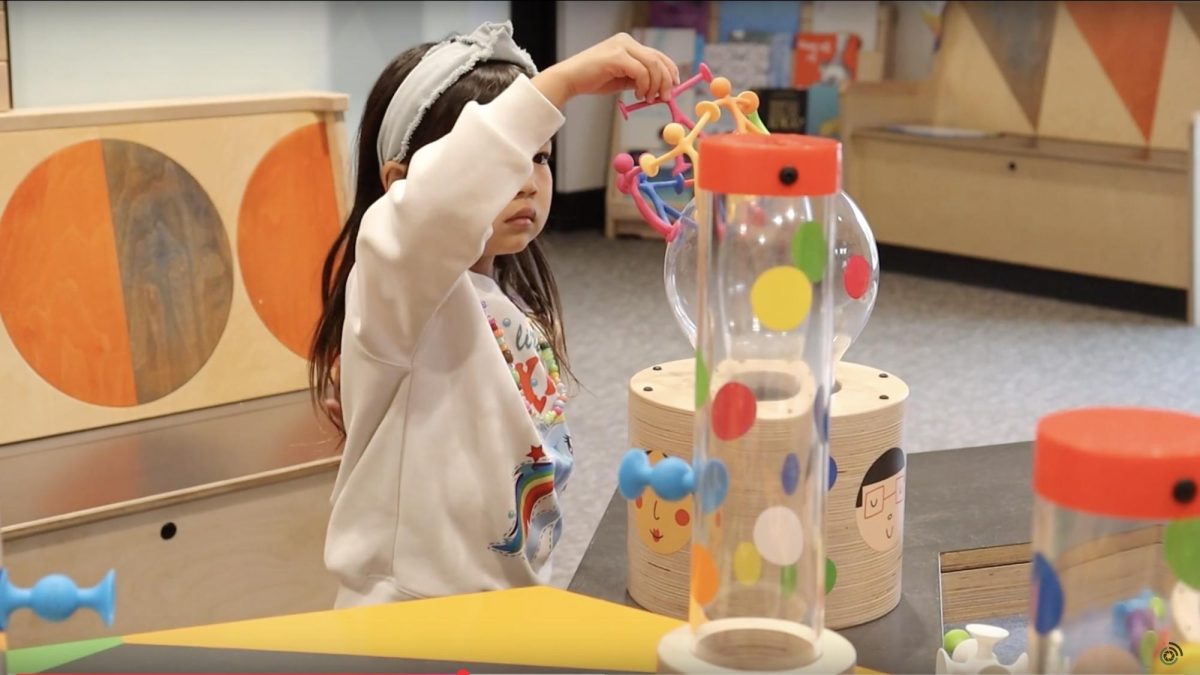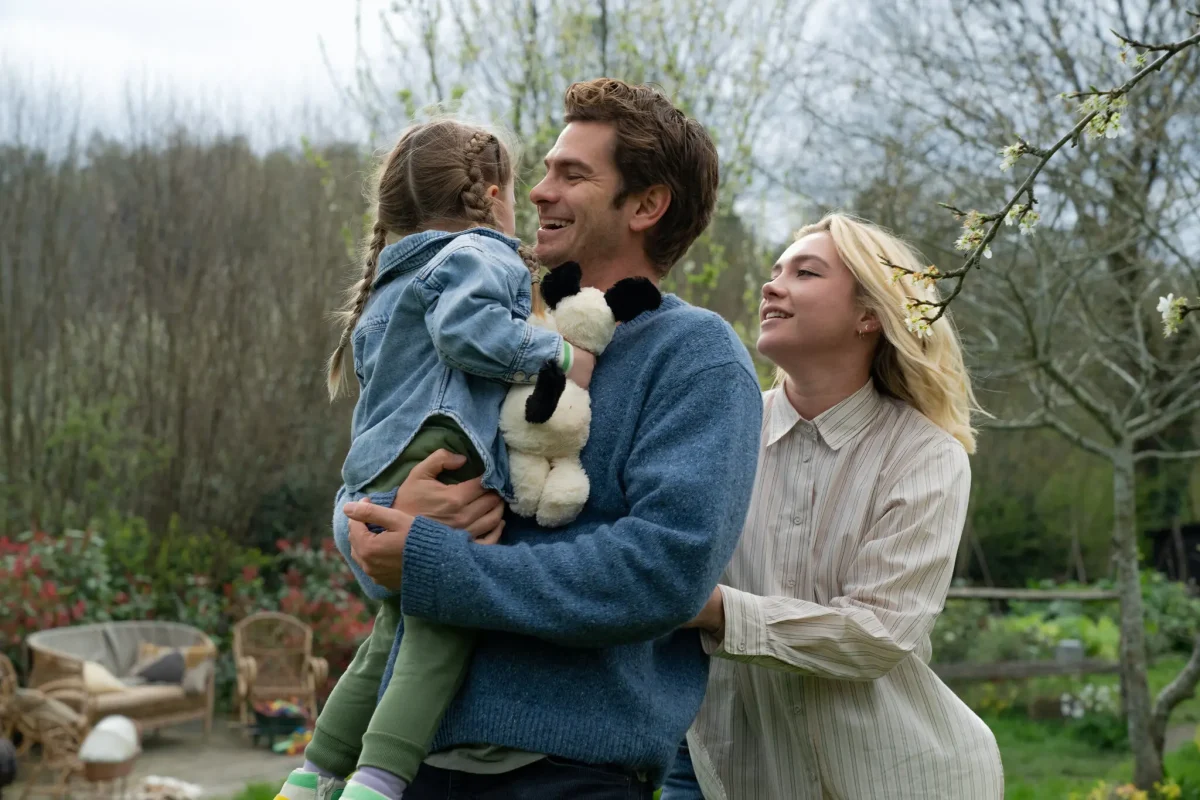We Live in Time, a poignant romance film with a short and sweet run time of 103 minutes, hit theaters across the U.S. Oct. 18. Tastefully directed by Irish filmmaker John Crowley, the movie follows the relationship of couple Almut (Florence Pugh) and Tobias (Andrew Garfield) as they navigate pedestrian accidents, unbefitting choices of birth venues, and a devastating diagnosis. We Live in Time combines creative cinematography with a touching, nonlinear narrative to create a cinematic experience that leaves audiences in tears.
Produced by French film company StudioCanal S.A.S., We Live in Time has shown limited box office success, despite the high-profile cast. Garfield is well-known for his diverse portfolio, including action-packed The Amazing Spider-Man (2012), WWII biography Hacksaw Ridge (2016), and Lin-Manuel Miranda’s directorial debut Tick, Tick… Boom! (2021). Pugh has exploded in popularity with spectacular performances in coming-of-age period drama Little Women (2019), sci-fi thriller Don’t Worry Darling (2022), and award-sweeping historical drama Oppenheimer (2023).
We Live in Time’s comedically realistic portrayal of the human experience is evident from the beginning, depicting Tobias’ wry struggles as he scrambles to sign his divorce papers. A trip to the shops, adorned in a hotel bathrobe, introduces Almut through the ultimate meet cute: a hit and run. Pugh and Garfield’s chemistry is immediate following Almut and Tobias’ ‘what are the odds’ encounter as they quickly fall into a relationship.
Coming from starkly different backgrounds, the couple navigates the ups and downs of dating in their thirties, the dread of time quietly seeping into their relationship. Almut is an ex-competitive figure skater turned hardworking chef at a Michelin-star restaurant, while Tobias’ background is unclear beyond his employment with Weetabix. Through the lens of a nonlinear plot structure, viewers watch a highlight and lowlight reel of the couple’s, and eventual family’s, foreshortened time together.
The scattered plot can be hard to follow at best and downright devastating at worst. Scenes skip around, portraying arguments, family dinners, and doctors appointments in a confusing manner, leaving audiences to analyze Almut’s haircuts to orient themselves. The switching back and forth brings an ever-growing sense of dread to the viewer, as Crowley both directly and indirectly foreshadows the nature of the couple’s fate.
Almut and Tobias take over the majority of the plotline, despite brief appearances from Almut’s family and friends. However, upon the birth of their daughter Ella (Grace Delaney), she becomes a driving force in their decisions about their lives and relationship, despite her lack of dialogue. Almut frets over her impact on her daughter while Tobias is especially devoted to her upbringing. Scenes between Tobias and Ella tug at the heartstrings of the audience as he parents her with tender care.
Almut’s character receives more development than Tobias, but their relationship receives more screen time than they do as individuals, although some of their character development may have been lost in the incoherent British mumbling that dominated the dialogue. Almut’s extreme aspirations and medical circumstances lead her to act erratically, but Pugh’s portrayal touchingly showcases the depth of her complex female character. Meanwhile, Tobias stumbles around on the verge of tears for the majority of their relationship, appearing lovesick and determined to keep his family from falling apart. There are more footwear advertisements for Birkenstock and Blundstone than there is background for Tobias’ actions.
The film stays true to the title, with time taking the stage as the film’s main character and antagonist, forcing sometimes funny, mostly heart-wrenching situations upon the couple. Almut is slowly running out of time, which is eloquently depicted through her participation in a timed cooking competition that she keeps secret from her partner. Time influences every stage of the relationship; ironic moments are often captured in especially terrible timing. We Live in Time blatantly taunts viewers with the ultimate knowledge of their end and how every person’s life is impacted by time.
The film also capitalizes on Pugh and Garfield’s incredible abilities for storytelling through body language. Though the minimal moments of dialogue are moving and well-thought out, the most impactful aspect of the film is how Pugh and Garfield interact through eye contact and visceral emotion. This, coupled with the creative use of sets and soundtrack, makes each second of the film ache with devastation.
The film’s limited box office run is understandable considering the heavy emotional topics We Live in Time touches on. Buying a ticket is signing up for an emotional roller coaster that may hit home harder than anticipated. The anti-climactic ending is certainly not happy, but leaves viewers with a shred of hope and a renewed sense of the beauty of human connection.
Leaving the theater may require a few moments of recuperation, but the story remains with audiences for long after the credits roll. With a slightly dysfunctional timeline that aptly displays the growingly dysfunctional family, We Live in Time is a must-watch, earning four out of five feathers.
This story was originally published on The Pitch on October 21, 2024.

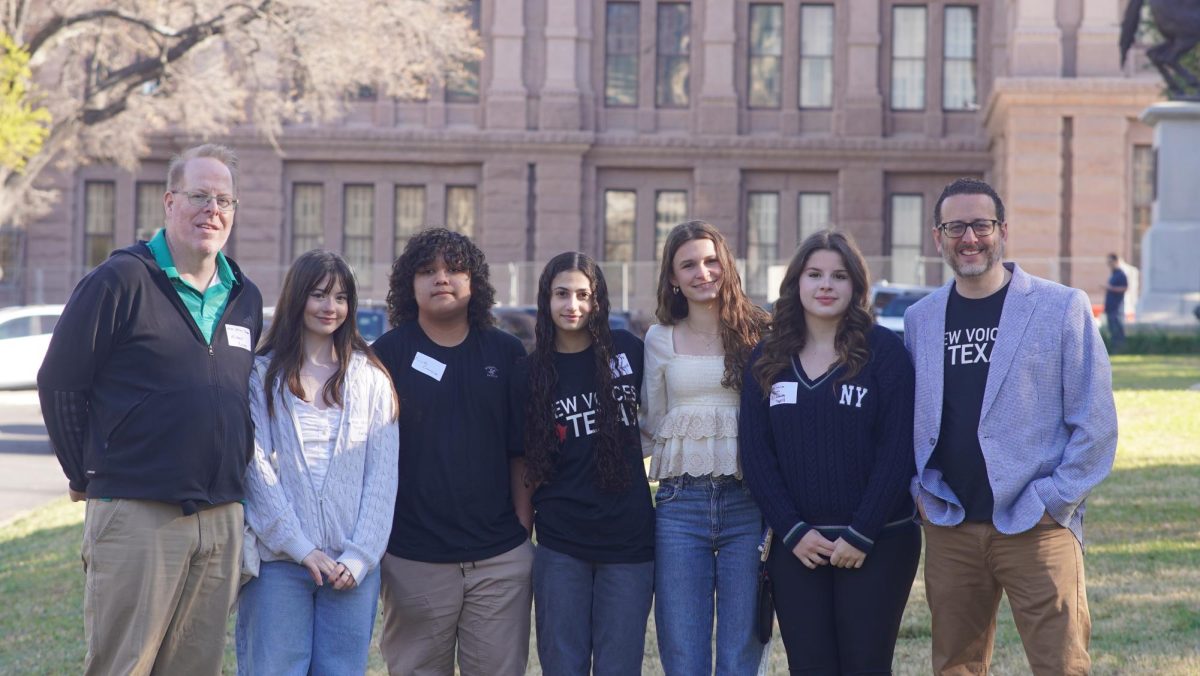
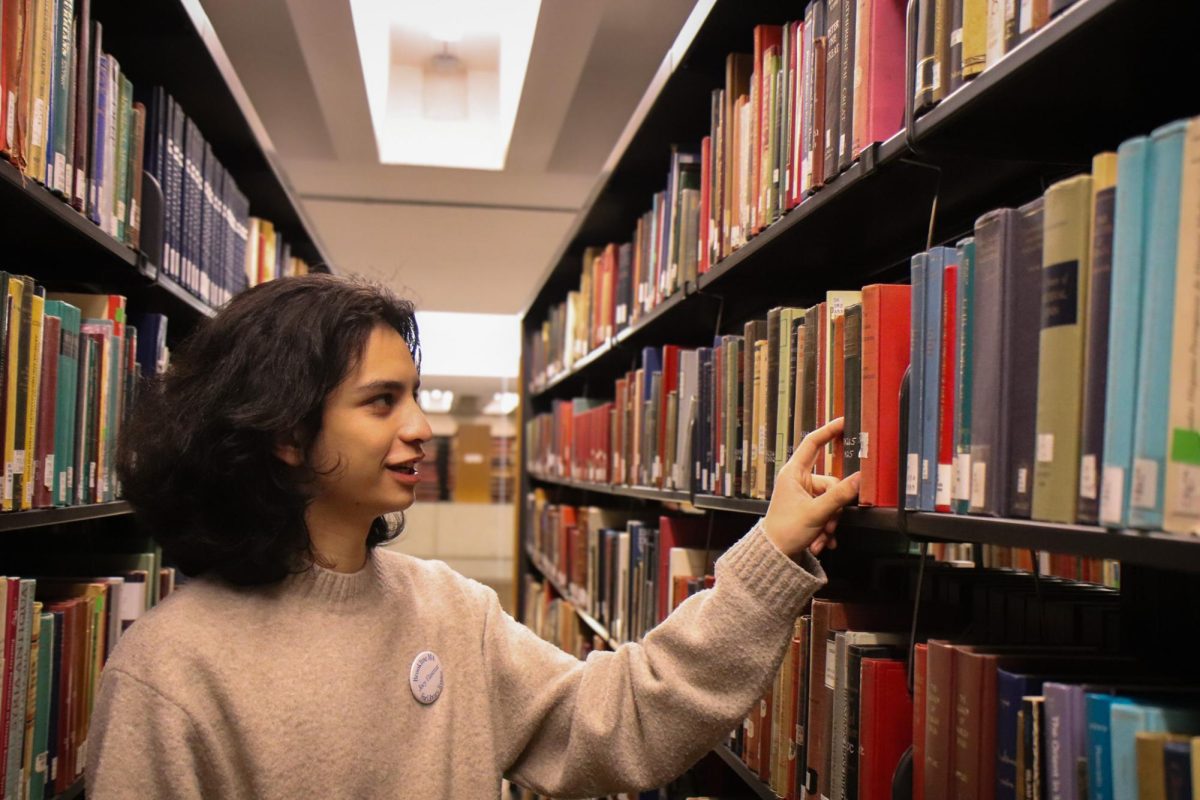




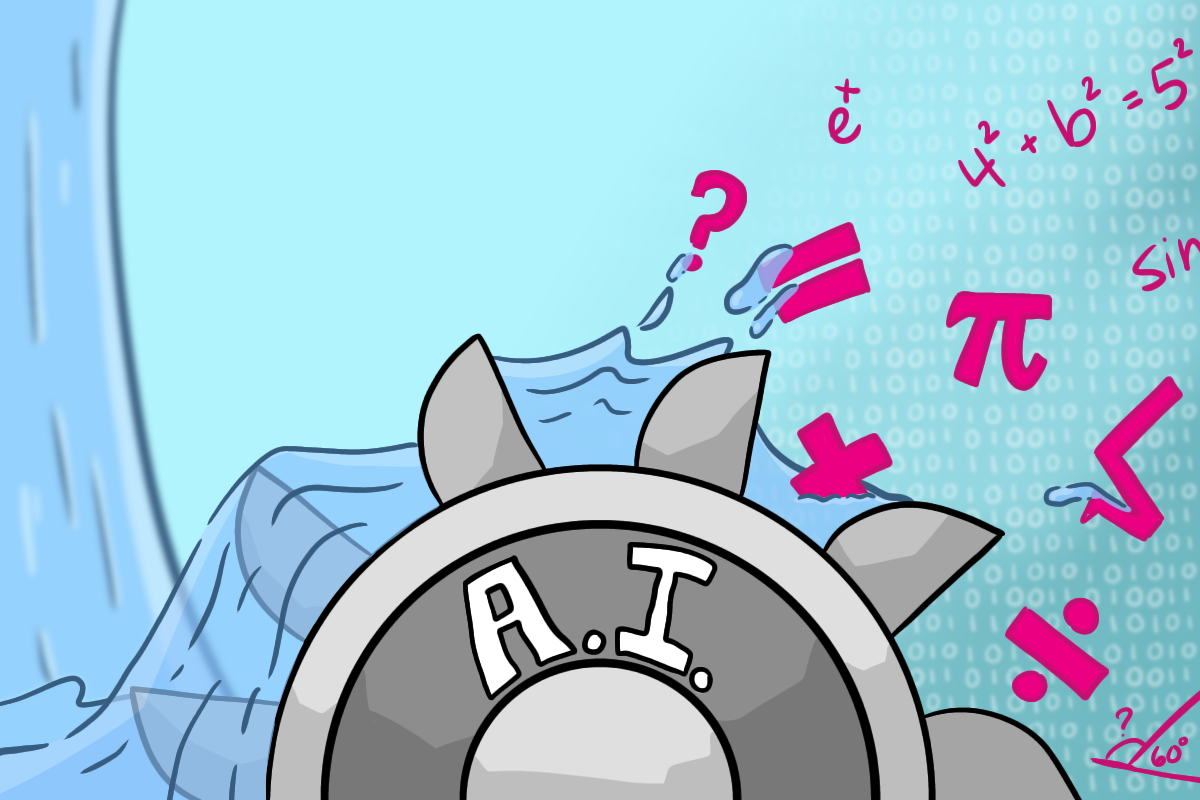
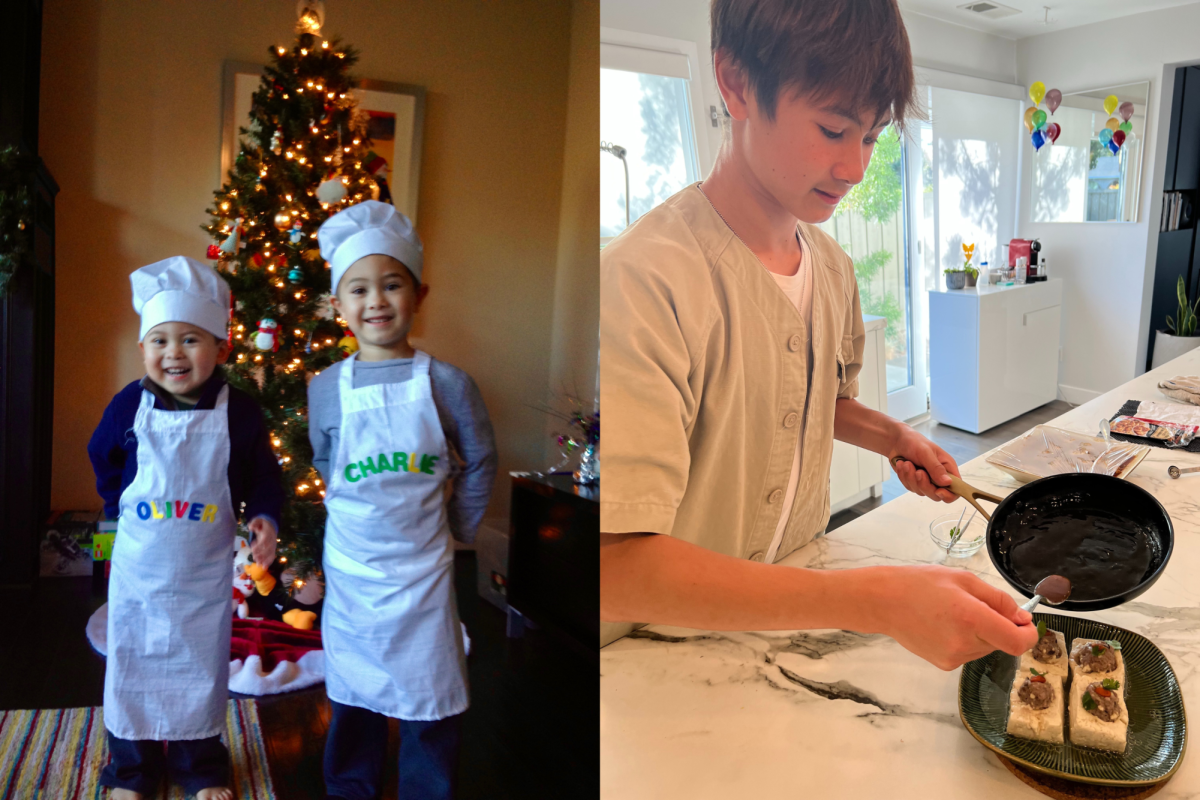
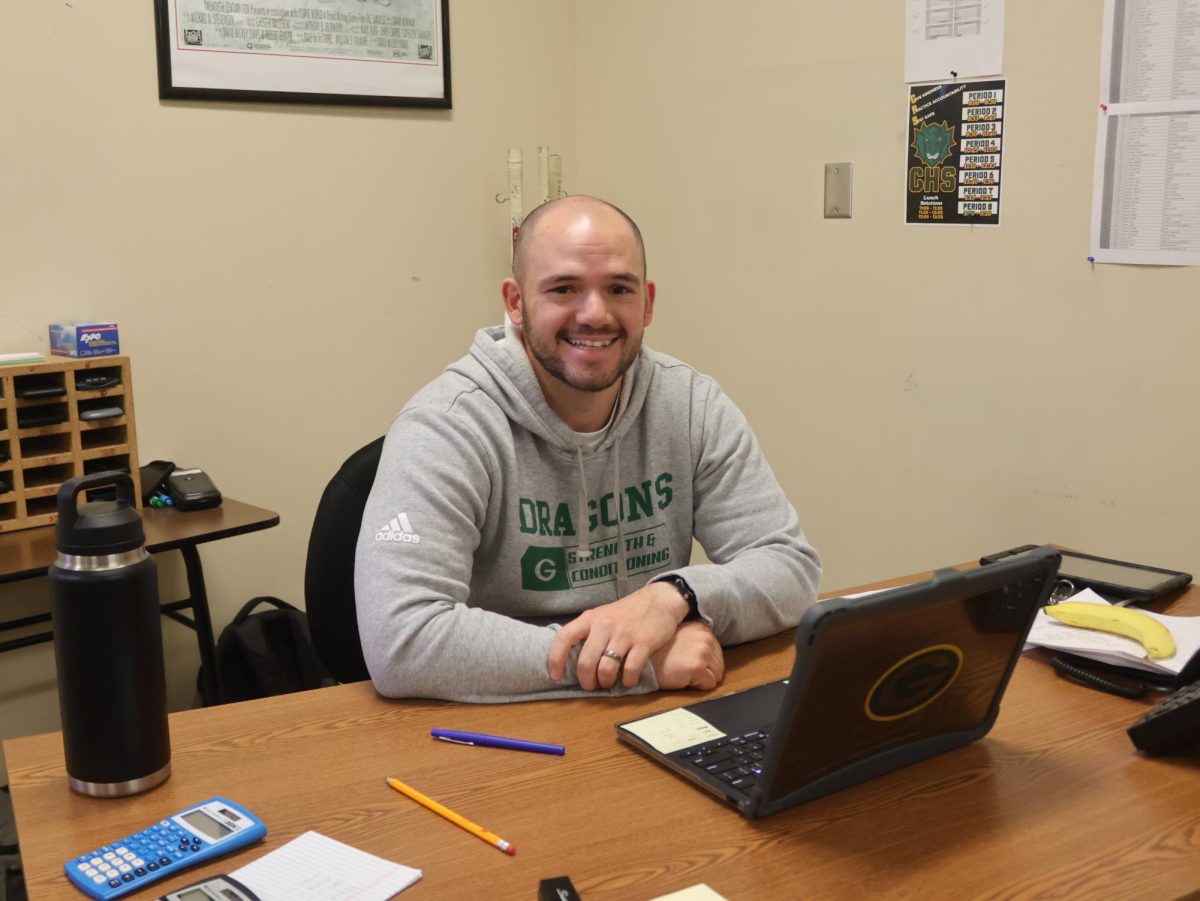
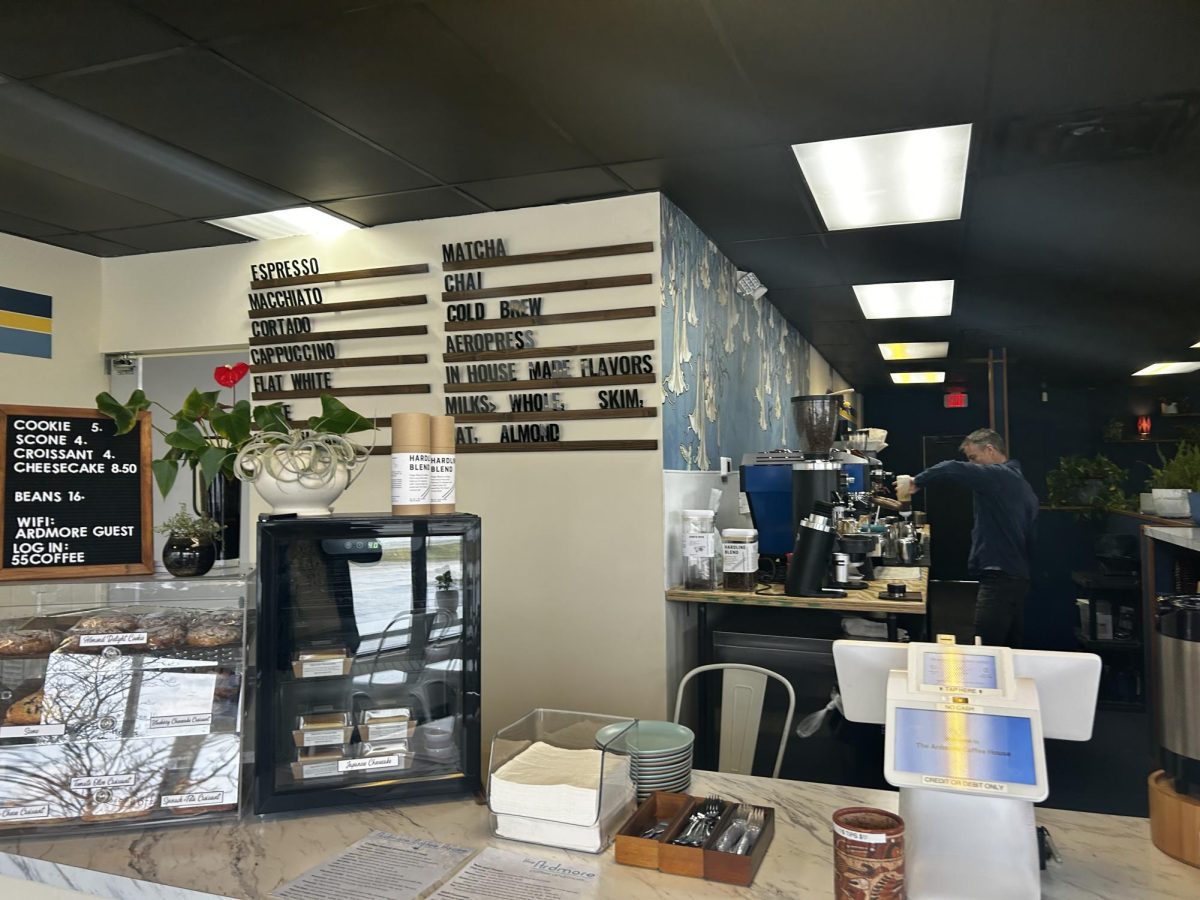

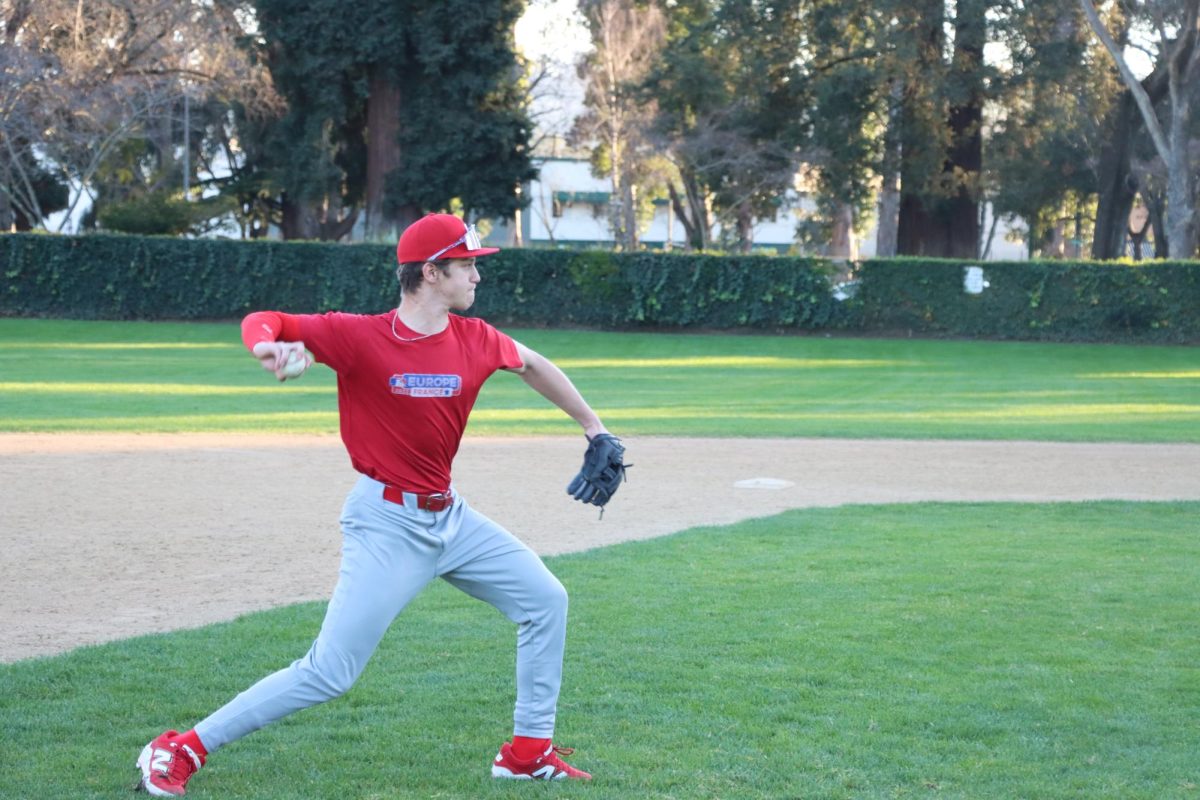

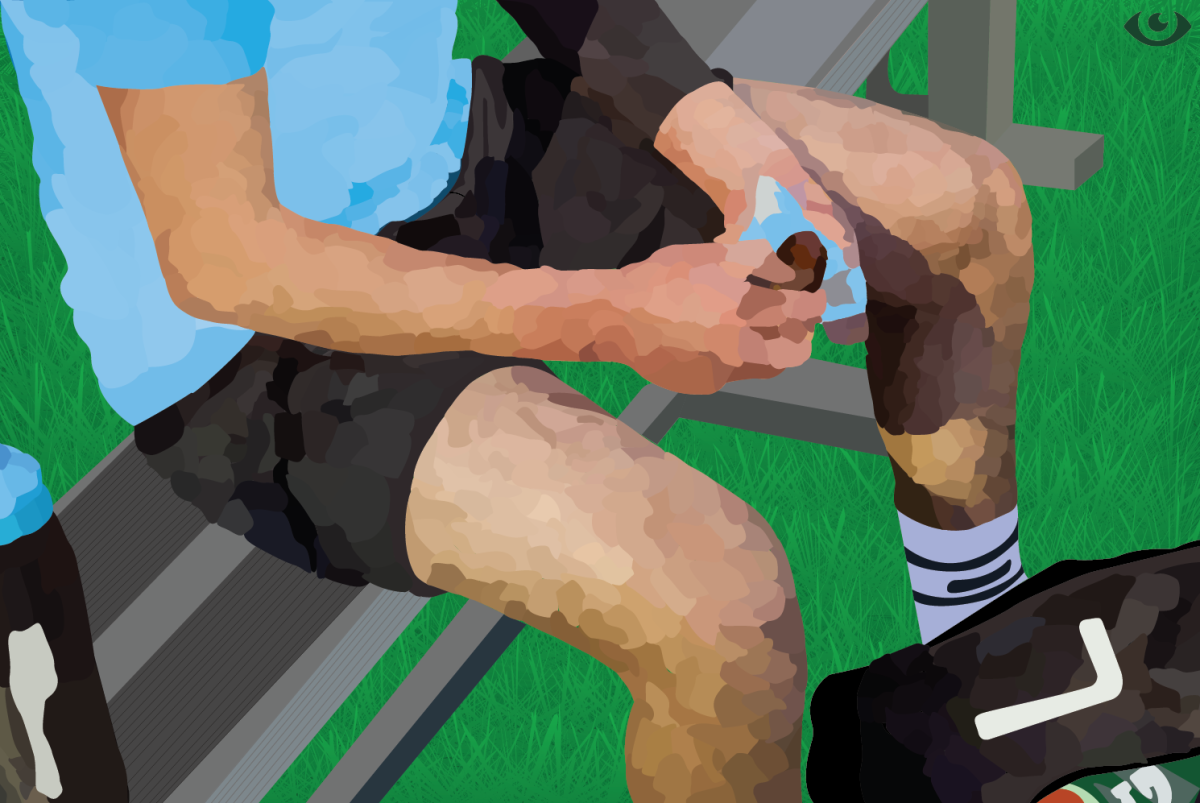


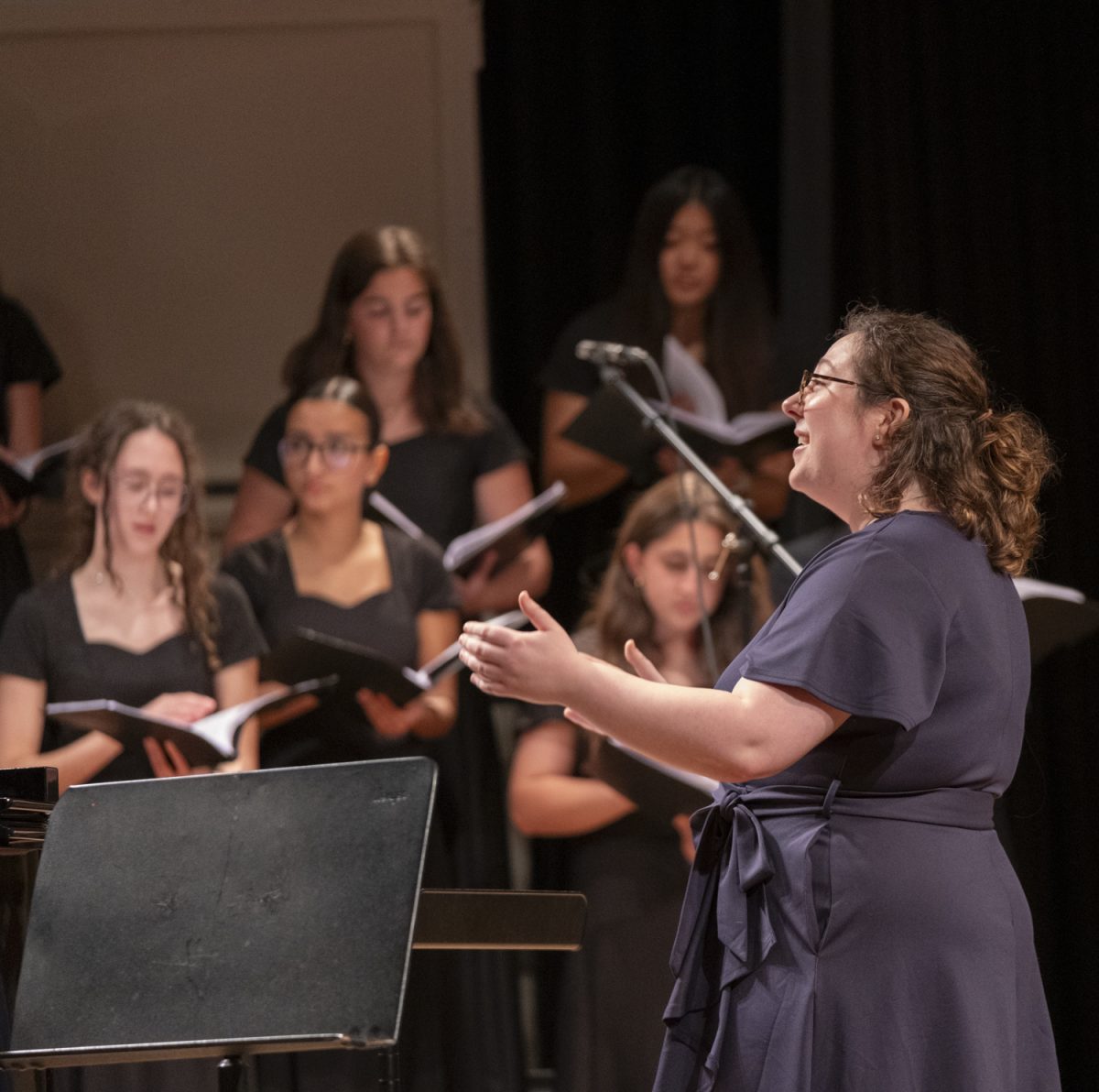
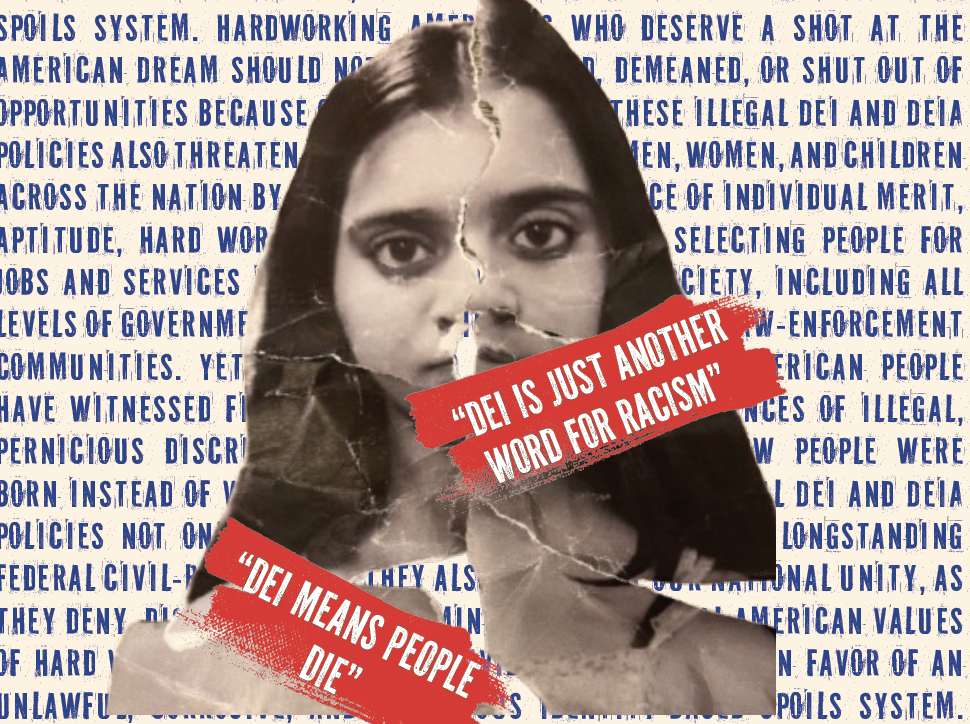

![Red, white and blue, the American flag holds the values of our democracy. The fight that we once endured has returned, as student journalists and senior correspondents across the country are losing their voices due to government control. “[Are] the White House and [the] government limiting free speech [and] freedom of the press? Yes [they are],” chief communications officer of the Parkway School District and former journalist Elisa Tomich said.](https://bestofsno.com/wp-content/uploads/2025/04/Untitled-design-14.jpg)
